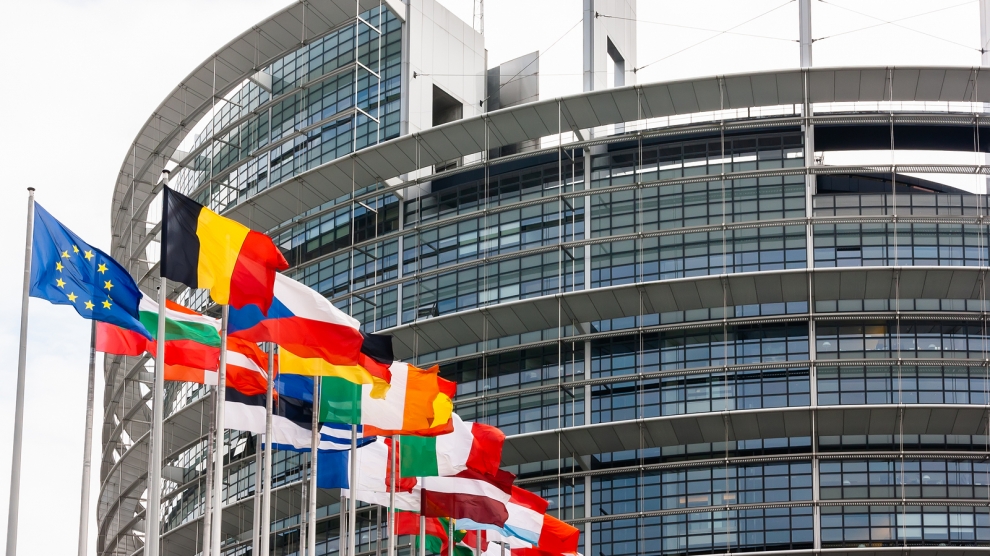There is no denying that the European Union, at the moment of its inception, was an elite project. People like Robert Schuman, Alcide de Gasperi or Altiero Spinelli were determined to break the cycle of war in European history, once and for all. They instituted a model of cooperation that was successful because officials at the top of the governments, captains of industry and leaders of the particular social segments in the six founding countries were in agreement that this is what was really needed to keep post-war Europe free from the danger of devastating conflict.
Over the years, societies accepted the EU as a viable way of organising the European political and economic space, mainly due to its output in the form of a continent-wide peace, stable economic growth, broad industrial base ensuring full employment and rising income levels. As such, an elite-driven process had the implicit agreement of the general population.
The situation began to change when the EU became a more expansive project that demanded a higher level of commitment on the part of the people and of particular governments. The eurozone, in order to become successful, needed to discipline economic profligacy in some countries, and the political institutionalisation of common policies was not easy for some countries, such as the United Kingdom. The enlargement of 2004 was seen by some as going beyond the comfort zone.
Then came the economic crisis, which gave an impetus to various grievances at a national level in member countries. More often than not, their causes were local in origin, but it was easier for politicians to blame Brussels – either its bureaucracy or its perceived insensitivity to national concerns – rather than their own poor policies.
Slowly, output-based legitimacy was dissipating. We have seen the visible signs of this since at least 2005.
Now, when populists of an illiberal bent all over Europe raise their heads, we have to be prepared to reclaim our future once more. We cannot do it as a project by selective elites for the people – this will no longer work.
Europe of the future, if it is to become locally and globally relevant, needs to shift gears from concentrating on the output side of economic performance toward constructing a generous space for input legitimacy in order to allow citizens to become the main architects of a new, more transparent and more participatory European Union.






Add Comment